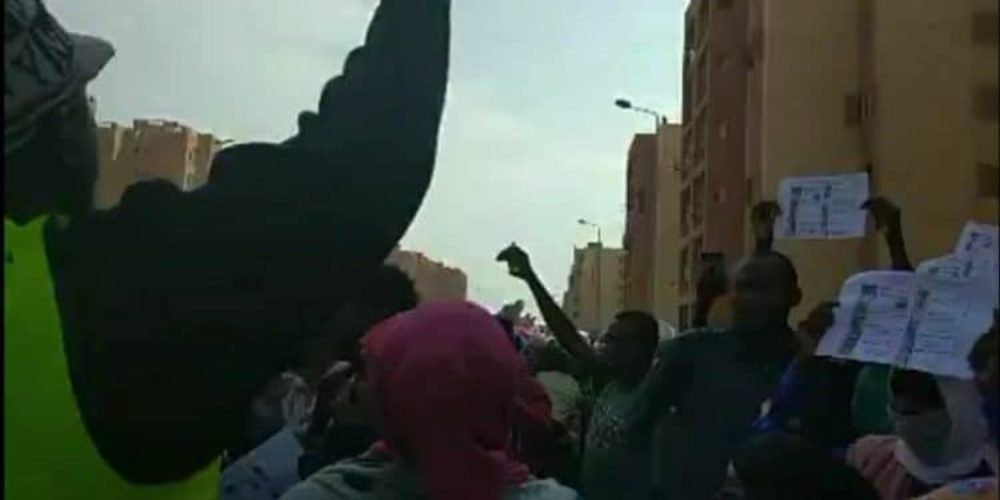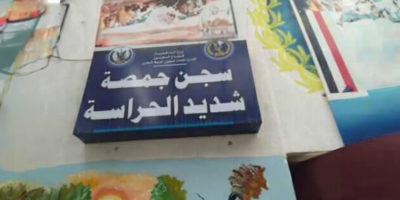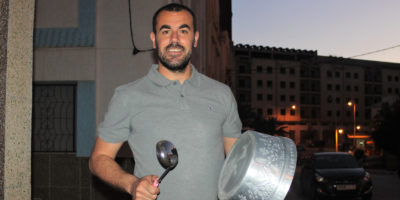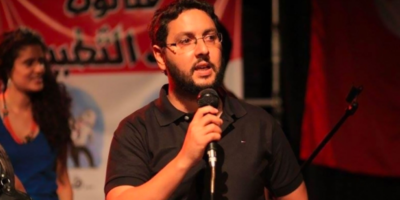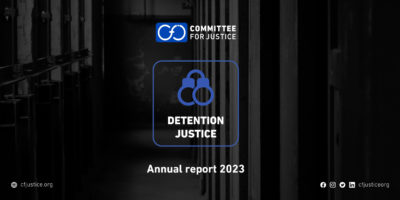The Committee for Justice (CFJ) said that within the framework of its project to monitor justice in Egypt (Justice Watch), it has examined the files of Case No. 3878/2020 Administrative, Third October, known in the media as the “Sudanese Refugees Case”, and prepared a report on the most prominent violations that occurred against the defendants.
The organization’s team pointed out at the beginning of its report that the facts of the case date back to the 29th of last October in the 6th October area in Giza governorate, when the child Muhammad Hassan, a Sudanese refugee, was murdered at the hands of a friend of his father due to financial disputes between them.
The team added that this incident prompted Sudanese refugees to peacefully protest, according to Amnesty International’s description, near the child’s home in the Masaken Othman area and in front of the UNHCR, but the security attitude was violent. Egyptian security forces dispersed the peaceful protesters using tear gas and water cannons, and arrested scores of Sudanese refugees and immigrants arbitrarily.
The protesters were beaten with batons, and were subjected to racist and xenophobic insults. The security forces asked seven of the child’s relatives to go to the Third October Police Station to identify the body of the child, But they were arrested and their mobile phones were confiscated, and they were then presented to the Public Prosecution which ordered their detention pending investigations.
CFJ’s Fair Trials team confirmed that the defendants in that case were subjected during their arrest, detention and interrogation to violations of the law and the constitution, the most prominent of which were:
– The prosecution conducted the investigation with the defendants in the absence of their defense, a representative of the UNHCR, or a representative of the Sudanese embassy, and the investigations stated that the prosecution sent a delegate to the Bar Association, but it was closed, as the investigation was conducted at 6:30 pm on 11/2/2020. It was also clear that there was no element of necessity and urgency to conduct the investigation in the absence of a lawyer and a representative from the embassy and the UNHCR. All the accused denied the charges, so there is no state of confession. Therefore, the investigation with the accused in the absence of the lawyer was a void procedure.
– The CFJ team also noted after reviewing the case papers that no debate was conducted with the accused by the prosecution, despite allegations by the defendants that they were subjected to torture during arrest and detention at the police station. The papers stated that the defendant, Mutassim Ahmed Bashir Abdullah, was tortured while in detention inside the police station, as stated in his words. Although Mu’tasim stated that he had been tortured, the prosecution did not conduct an examination over his entire body, nor did an investigation take place with him as a victim to verify his claim, determine who tortured him, and did not refer him to the forensic medicine office to conduct a medical examination and prepare a report of this, what shows the failure of the Public Prosecution in carrying out the core of its work due to its inadequate investigations.
– The team also stated that the investigations issued on 11/2/2020 were opaque investigations. The investigation report was written by Major Ahmed Fahmy, an officer in the National Security Sector. The report also contained several paradoxical statements, including that the arrested defendants had exploited the incident to project the conditions of the Sudanese refugees in the country, and the investigations did not specify the role of each accused separately, nor how they exploited the incident of killing the child, and this confirms that the investigations only reflect the opinion of the person who conducted them.
– CFJ team also found that all the defendants were arrested while completing the procedures for the burial of the deceased child, and from within the police station, meaning that the defendants were summoned to come to the police station, and then they were arrested and their mobile phones confiscated. Thus the arrest and detention were illegal because there were no cases of flagrante delicto, nor a judicial permission to arrest them, and thus the arrest became void.
